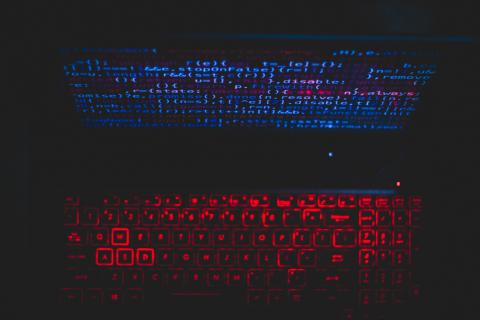Jobs Unaffected by Artificial Intelligence
Feb 14,2024
As artificial intelligence (AI) continues to revolutionize industries and reshape the workforce, concerns about job displacement and automation have become prevalent. However, certain professions remain resilient to the encroachment of AI, offering stability and security in an increasingly automated world. This article explores careers that are immune from AI and highlights the unique attributes that make them indispensable in the age of automation.
-
Healthcare Professions:
-
Medical Practitioners: Jobs in healthcare, particularly those requiring human interaction and complex decision-making, are resistant to automation. Roles such as doctors, nurses, and surgeons rely on empathy, critical thinking, and nuanced judgment, making them less susceptible to AI's capabilities.
-
Mental Health Professionals: Fields like counseling, therapy, and psychiatry require a deep understanding of human emotions and behavior, skills that AI struggles to replicate. Mental health professionals provide personalized care and support, offering a human touch that AI cannot replace.
-
-
Creative Industries:
-
Artists and Designers: Creativity is a uniquely human trait that AI struggles to emulate. Artists, designers, and creatives bring originality, imagination, and emotional depth to their work, producing content and designs that resonate with audiences on a profound level.
-
Content Creators: Writing, storytelling, and content creation are areas where human creativity and expression excel. While AI can generate content based on algorithms, it lacks the ability to infuse writing with personality, voice, and nuance, making human-created content invaluable.
-
-
Skilled Trades and Craftsmanship:
-
Skilled Tradespeople: Professions such as electricians, plumbers, and carpenters require hands-on expertise and problem-solving skills that AI cannot replicate. These trades rely on practical knowledge, adaptability, and troubleshooting abilities, making them essential in construction, maintenance, and repair work.
-
Artisanal Craftsmanship: Handcrafted goods and artisanal products have a unique appeal that mass-produced items lack. Craftsmen and artisans create bespoke items with attention to detail, craftsmanship, and quality, offering a level of customization and authenticity prized by consumers.
-
-
Human Resources and People Management:
-
Human Resource Specialists: HR professionals play a crucial role in employee recruitment, training, and development, as well as resolving conflicts and fostering a positive work environment. Their interpersonal skills, emotional intelligence, and understanding of human dynamics make them indispensable in organizations.
-
Managers and Leaders: Leadership roles require vision, strategic thinking, and the ability to motivate and inspire teams. While AI can assist with data analysis and decision-making, human leaders provide direction, mentorship, and a human connection that fosters employee engagement and organizational success.
-
-
Education and Training:
-
Teachers and Educators: Teaching is a multifaceted profession that involves nurturing students' intellectual, social, and emotional growth. Teachers provide personalized instruction, mentorship, and support, adapting their approach to meet the diverse needs of students in ways that AI cannot replicate.
-
Training and Development Specialists: As technology evolves, the need for continuous learning and skill development grows. Training specialists design and deliver programs that enhance employees' competencies and capabilities, leveraging human insight and feedback to optimize learning outcomes.
-
While the rise of AI presents challenges to many industries, certain careers remain resilient to automation, relying on uniquely human qualities and skills. Healthcare professions, creative industries, skilled trades, human resources, and education are among the sectors where human expertise and intuition are irreplaceable. By recognizing the value of these human-centric roles and investing in skills development, individuals can future-proof their careers and thrive in an AI-driven world where human ingenuity and empathy are in high demand.






